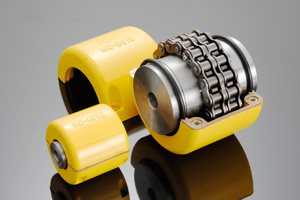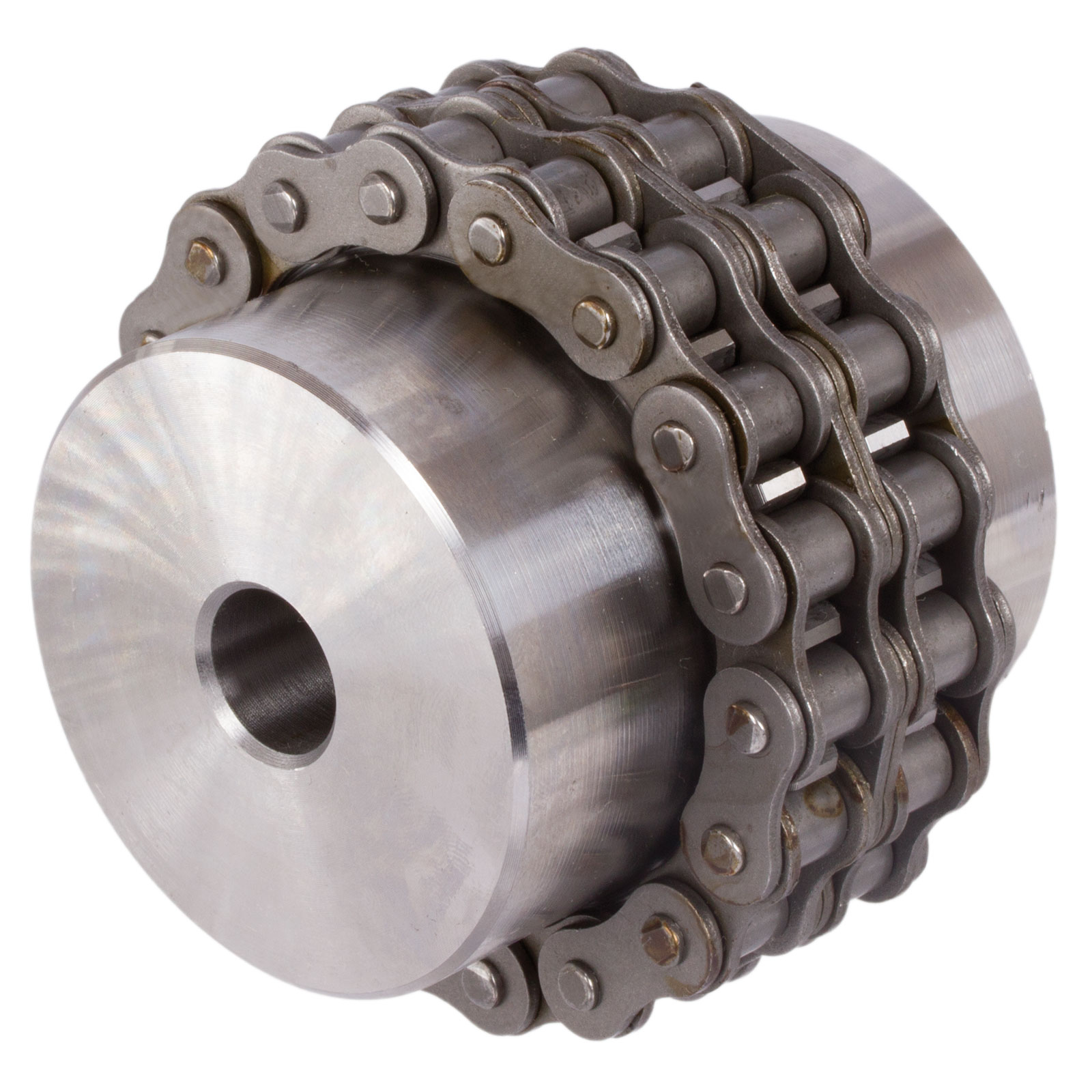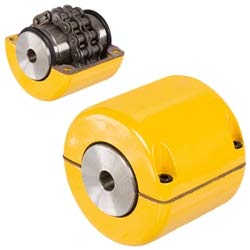Product Description
FAQ
Q:Is your company a trading company or a manufacturer?
A: We have our own factory.
Q:How long does the lead time take?
A: If the goods are in stock, it is generally 1-2 days; if the goods are not in stock, it is 5-10 days, depending on the quantity.
Q: Can I order shaft bore couplings that are not listed in the catalog?)(Additional machining service for coupling shaft hole
A:Of course.In addition, the recommended dimensional tolerance for the applicable shaft diameter is H7.
Q: How to handle when the received parts are of poor quality?
A:If there is any non-conformity of the product, please contact us immediately, we will check the problem in the first time, and rework or repair.
Q: Why choose XingHe Precision Transmission ?
A:As a professional manufacturer of coupling , we possess a skillful team of workers and designers To provide our customers with first-class services.
/* March 10, 2571 17:59:20 */!function(){function s(e,r){var a,o={};try{e&&e.split(“,”).forEach(function(e,t){e&&(a=e.match(/(.*?):(.*)$/))&&1

Roller Chain Couplings for Heavy Machinery and Industrial Conveyors
Yes, roller chain couplings are suitable for use in heavy machinery and industrial conveyors. They are widely used in various industrial applications, including mining equipment, steel mills, heavy-duty conveyors, and other heavy machinery systems.
The robust design of roller chain couplings allows them to handle high torque and heavy loads, making them ideal for demanding industrial environments. They are capable of transmitting significant power while providing flexibility to accommodate misalignments and shock loads.
Industrial conveyors often require reliable power transmission systems that can handle continuous operation and endure the harsh conditions of heavy material handling. Roller chain couplings offer a cost-effective and durable solution for connecting conveyor drive systems, enabling smooth and efficient operation.
When selecting roller chain couplings for heavy machinery or industrial conveyors, it is essential to consider the specific requirements of the application, including torque, speed, shaft size, and environmental conditions. Additionally, regular maintenance and proper lubrication are vital to ensure optimal performance and longevity of the coupling in these demanding applications.

Materials Used in Manufacturing Roller Chain Couplings
Roller chain couplings are typically constructed from high-quality materials to ensure durability and reliable performance. The most common materials used in their manufacturing include:
- Steel: Steel is a popular choice for roller chain couplings due to its excellent strength and resistance to wear. It can handle high torque and speed requirements, making it suitable for a wide range of industrial applications.
- Stainless Steel: Stainless steel is used when corrosion resistance is required. It is often employed in industries where the coupling is exposed to moisture, chemicals, or harsh environmental conditions.
- Cast Iron: Cast iron is known for its robustness and excellent heat dissipation properties. It is commonly used in applications where shock absorption and reduced vibrations are essential.
- Aluminum: Aluminum is a lightweight material that offers good strength-to-weight ratio. It is commonly used in applications where reducing the overall weight of the system is critical.
- Nickel-Plated: Nickel-plated roller chain couplings provide enhanced corrosion resistance, making them suitable for applications in challenging environments.
When selecting a roller chain coupling, it is essential to consider the specific requirements of the application, including torque, speed, environment, and potential exposure to corrosive substances. Choosing the right material ensures the coupling’s longevity and efficient power transmission in the intended operating conditions.

Accommodating Misalignment and Reliable Torque Transmission in Roller Chain Couplings
Roller chain couplings are designed to accommodate misalignment and provide reliable torque transmission in mechanical power transmission systems. They achieve this through the following features:
- Elongated Holes: The roller chain coupling’s hubs have elongated holes that allow for angular misalignment between the connected shafts. These holes provide flexibility and prevent excessive stress on the coupling and connected equipment.
- Roller Chain Design: The roller chain used in the coupling is a flexible and robust component that can transmit torque even in situations with slight misalignment. The design of the roller chain ensures smooth engagement and disengagement of the sprockets, reducing wear and power loss.
- Tension Adjustment: Roller chain couplings typically have an adjusting mechanism that allows for tensioning the chain. Proper tensioning is crucial for maintaining efficient torque transmission and preventing slippage.
- Single or Double Roller Chain: Some roller chain couplings come with a double roller chain design, which increases the torque capacity and allows for higher misalignment compensation.
- Torsionally Rigid Coupling: While roller chain couplings can accommodate misalignment, they still provide torsional rigidity, ensuring efficient power transmission without significant losses.
By allowing for misalignment while maintaining reliable torque transmission, roller chain couplings are well-suited for various power transmission applications, including those where slight misalignment is unavoidable or expected.


editor by CX 2023-12-27